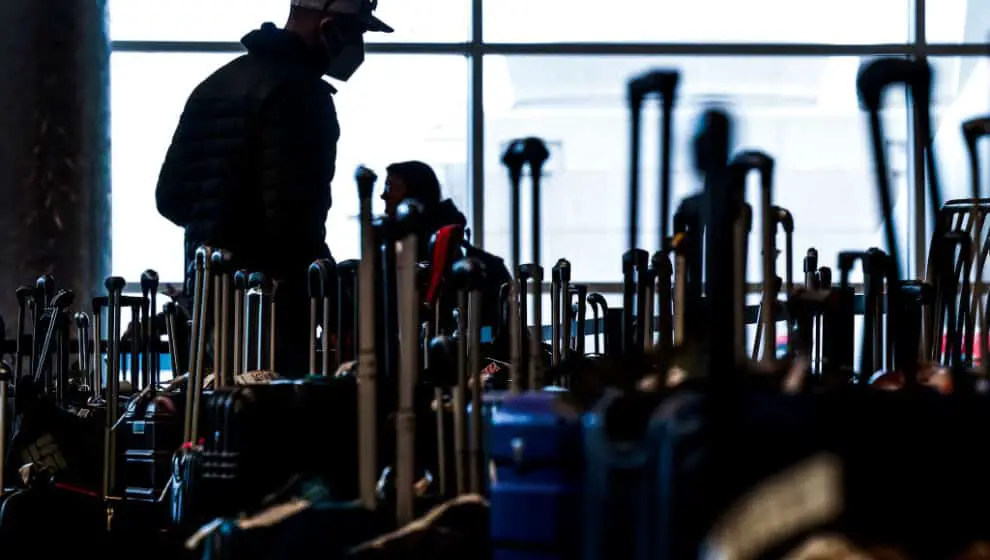Southwest Airlines operations have mostly returned to normal for a week, but the effects of the holiday cancelation of over 16,700 flights will cost the airline dearly.
Key Details
- Southwest continues to face logistical problems, with hundreds of daily flights being canceled. This is still an improvement from two weeks of thousands of daily cancellations, missing luggage, and stranded passengers and crew.
- A Friday filing with the securities and exchange commission shows Southwest could face between $725 to $825 million in losses due to lost revenue from canceled flights, operating expenses, compensation, and other reimbursements.
- “As a result of the operational disruptions, the company currently expects to report a net loss in fourth quarter 2022,” says the filing.
Why It’s News
The revelation of nearly a billion dollars in lost revenue is just the first sign of the state of the company following the “unacceptable,” in the words of CEO Bob Jordan, failure of the airline. The airline earned a net income in the first three-quarters of 2022 of $759 million and is ending the year with one of the company’s largest-ever losses.
As we previously reported, Southwest was the only major airline to face mass cancellations of this volume. Other airlines like Spirit, Alaska, and JetBlue faced some cancellations due to the severe winter storms before the holiday weekend, but nothing in the volume of Southwest, which experienced a near-total operational collapse necessitating the cancellation of two thirds of all flights.
“The crisis shows what can go wrong when a company that millions of people rely on moves too slowly to invest in crucial but unglamorous parts of its operation. Southwest struggled to recover from frigid weather after its crew scheduling processes failed to keep up with flight cancellations and quickly reassign pilots and flight attendants,” says The New York Times.
“The ongoing cost to the airline will also depend on how many people file claims for reimbursements and how generous or stingy Southwest is in paying claims.”
The company has offered $300 worth of credit to affected passengers but still faces lawsuits and scrutiny from the Department of Transportation.
